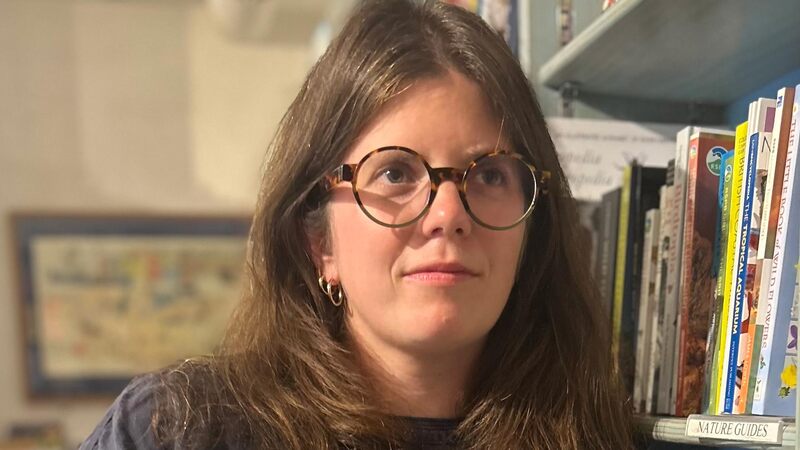You are viewing your 1 free article this month. Login to read more articles.
Subscription models 'still better suited to academic than trade'
Subscription models are still better suited to academic books than trade titles, but there is still much more publishers can do with their IP, Perlego's Matthew Jones has said.
Speaking at FutureBook with Wonderbly c.e.o. Asi Sharabi, Jones said his firm had grown quickly since its launch in 2016 and now had 475,000 titles available from academic publishers. But, when asked if it might expand into trade publishing, Jones, the firm's vice-president for content acquisition and strategy, was sceptical.
He said: “The traction we've received and where we've got to is largely hinged off the fact that it is in academic publishing. I honestly believe that subscription as a model doesn't work as well within trade publishing, because you get a very different type of usage. I think the pain point is only so strong within academic publishing because of the use case of a consumer of that particular type of book. It's actually very rare for a student to want to read a book cover to cover, if it's a textbook, say... In that instance, there's always that value proposition in that student's head, saying, 'Is this worth me buying an entire book when I only need a portion of it?'
“So it's the rigidity and perhaps the inflexibility of the existing models which has created this disconnect between the consumer and the publisher. I think that's unique to the type of book that is being published.”
He said that was a lot harder to achieve in trade publishing, pointing to Scribd in the US, which he suggested has had to step back from its unlimited model because genres such as romance, where readers tend to get through scores of titles in a month, can leave vendors out of pocket.
Jones said: “I think the sustainability of the subscription model is something we're really proud of at Perlego, but it's also only really facilitated by the type of usage that you get from students. I think that's where subscription will struggle outside of that. Also, what we don't want to see in publishing is a replication of what's happening in TV and film right now, which is the fragmentation of the subscription space.”
Speaking about the partnerships Wonderbly had formed with third parties through its Studios initiative, including a recent deal with the Wizarding World, Sharabi said his global personalised publishing platform was “nearly infinitely scaleable”.
He explained: “With Studios, the idea really is to open up and give publishers, content-owners and storytellers—both big corporations and individuals—access to this huge trend of personalisation.”
Sharabi said there were applications for creating personalised books beyond traditional publishing, and said he had spoken to many organisations about doing so, ranging from Airbnb to entertainment brands and music artists.
Jones told him: “I can totally see the application of what you guys have created to projects way outside publishing. I think it's something which potentially publishers could also learn from as well because, when it comes down to IP, there's scope to do so much more, in many instances anyway, for an audience way outside publishing.
“Certainly we feel that within academic publishing, where there is this very artificial timeline of the consumer for three or four years. Actually, with the way the world's going now, with the transient nature of work, actually there is huge application for a 40- to 50-year period.”
















